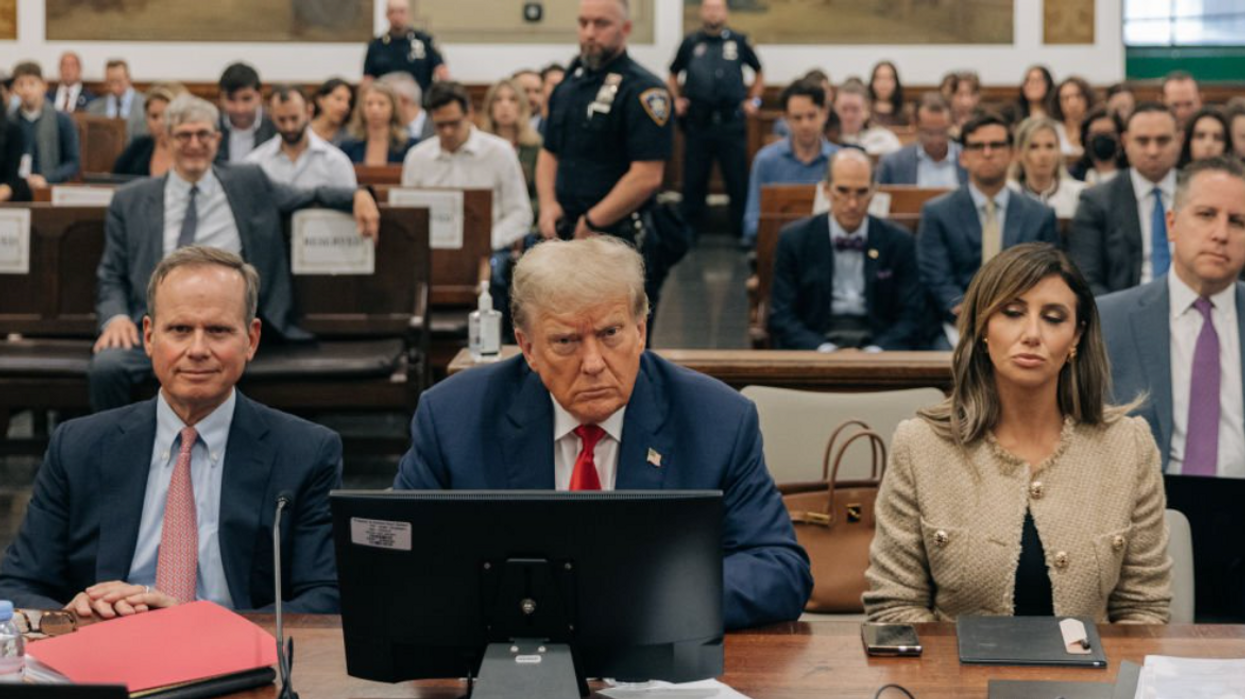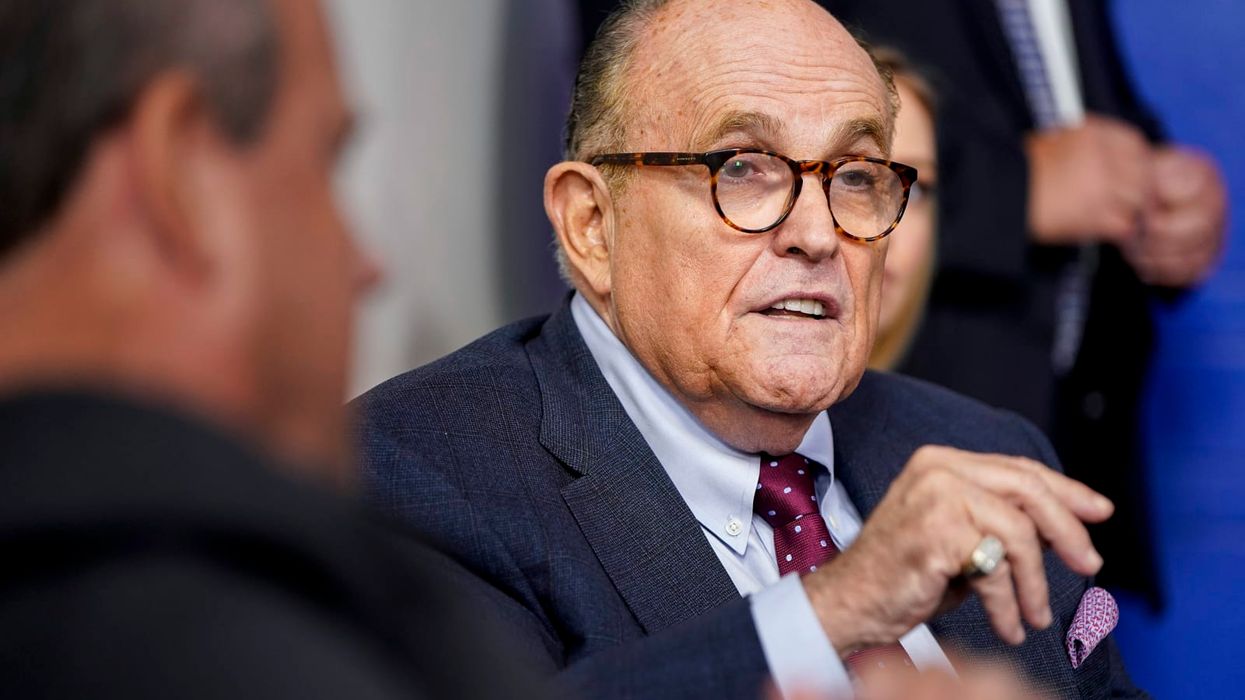Jury Orders Trump To Pay $83 Million In E. Jean Carroll Defamation Case
Donald Trump will have to pay journalist E. Jean Carroll $83.3 million in total damages in her defamation case, after nine jurors – seven men and two women – deliberated for just under three hours in a lower Manhattan federal courthouse Friday afternoon.
This is the second civil defamation and sexual abuse case Carroll brought against the ex-president, who is facing 91 state and federal criminal felony charges. Hen is also facing a civil business fraud case in New York, which has the potential to cost him hundreds of millions and bar him from doing business in the Empire State.
E. Jean Carroll’s case surrounded defamatory statements Trump made in June of 2019, and jurors were required to determine compensatory and punitive damages Trump owes for those statements. In the first case a jury determined Trump was liable for sexual abuse and defamation. The judge in both cases, senior U.S. District Judge Lewis Kaplan determined those facts would hold over for this case. He also had noted after the first case that Trump had effectively been found liable for rape, making the ex-president an adjudicated rapist.
Initially Carroll’s attorney asked for $10 million in compensatory damages in the current case, but expert testimony revealed it would cost the journalist, author, and advice columnist at least $12 million to repair her damaged reputation, and millions more in lost wages and other injuries.
Just Security last week described that as, “economic loss (lost income, career opportunities, or business deals due to damaged reputation) as well as for emotional distress (mental anguish, humiliation, and reputational harm).”
Carroll’s attorneys on Friday asked the jury for $24 million in compensatory damages. During closing arguments Carroll’s attorneys told the jury Trump’s claims of high net worth should be taken in to account when deciding how much to award Carroll in punitive damages.
Throughout the trial, and as recently as 11:30 AM Friday, Donald Trump continued his attacks, calling the trial the “E. Jean Carroll False Accusation Case,” and falsely claiming, “This is another Biden Demanded Witch Hunt against his Political Opponent, funded and managed by Radical Left Democrats. The Courts are totally stacked against me, have never been used against a Political Opponent, like this.”
The jury was required to answer these three “yes” or “no” questions:
“Did Ms. Carroll prove, by a preponderance of the evidence, that Ms. Carroll suffered more than nominal damages as a result of Mr. Trump’s publication of the June 21 and June 22, 2019 statements?”
“In making the June 21, 2019 statement, Mr. Trump acted maliciously, out of hatred, ill will, or spite, vindictively, or in wanton, reckless, or willful disregard of Ms. Carroll’s rights?”
“In making the June 22, 2019 statement, Mr. Trump acted maliciously, out of hatred, ill will, or spite, vindictively, or in wanton, reckless, or willful disregard of Ms. Carroll’s rights?”
During the final day of trial, Donald Trump stormed out of the courtroom when he was criticized by Carroll’s attorney, the highly-respected Roberta Kaplan. Judge Kaplan (no relation) announced that would become part of the trial record.
Trump’s attorney, Alina Habba, repeatedly ignored Judge Kaplan’s directions to not question the facts of the case, that Trump had been found liable for sexual abuse and defamation, yet she repeatedly ignored his warnings.
Judge Kaplan was forced repeatedly to warn and rebuke Habba, and at one point during closing arguments, he threatened Habba with jail if she continued.
Reprinted with permission from Alternet.




